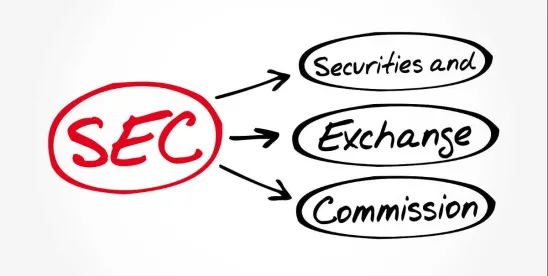Highlights
At a recent securities regulation conference, Gurbir Grewal, director of the Securities Exchange Commission’s (SEC) Division of Enforcement, weighed in on the benefits of cooperating and self-reporting misconduct
The SEC has identified several influential factors it finds persuasive when assessing such cooperation
Engaging in early communication, being transparent in evidence gathering, and discussing areas of agreement or disagreement can prove critical to receiving consideration
Each company confronted with potential employee misconduct eventually faces the question: Should we report suspected misconduct to government authorities? That analysis can be particularly challenging for entities regulated by the Securities Exchange Commission (SEC). At a recent securities regulation conference in Palo Alto, California, Gurbir Grewal, director of the SEC’s Division of Enforcement, took the opportunity to give the Commission’s answer two key questions: What are the benefits of cooperating with the SEC? How does the SEC assess offered cooperation?
Director Grewal reminded the attendees that the SEC has long used leniency to encourage companies to self-disclose misconduct to the government, and to cooperate in the investigation and potential prosecution of such misconduct. Going back to the Seaboard Report in 2001, the SEC has identified several behaviors that it finds persuasive when determining whether a company has truly engaged in cooperation with authorities, and whether such cooperation warrants leniency: self-policing, self-reporting, remediating, and cooperating with authorities.
In the SEC’s view, each of these behaviors evidence a company’s genuine recognition of the need to address and deter misconduct, and reduce the need for punishment to deter future misconduct. The hallmarks of these behaviors are also clear and well known.
|
An outline of the factors Director Grewal found particularly pertinent is as follows: Self-Policing
Self-Reporting Without Delay
Remediation
Above and Beyond Cooperation
Collaborate Early, Often and Substantially
|
Elaborating further about cooperation, Director Grewal noted that companies and outside counsel can provide valuable assistance to Staff by curating their document productions. For example, a company should consider flagging “hot documents,” explaining key documents, securing evidence from difficult places around the world, and translating documents in foreign languages. These “above and beyond” actions are the types of factors the SEC considers when determining whether a company has truly cooperated.
With respect to collaboration, Director Grewal elaborated that, by engaging in early communication with Staff, demonstrating transparency in evidence gathering, and earnestly discussing with Staff areas of agreement or disagreement, companies and outside counsel can gain (or keep) their credibility with the SEC. Parenthetically, we have seen Director Grewal include himself in attorney proffers – coming in fully prepared to have a robust discussion – demonstrating the collaborative relationship between outside counsel and Enforcement Staff that he desires. Such collaboration, Director Grewal emphasized during his presentation, may prove critical when a company wants to argue that a lighter sanction – or no sanction at all – is warranted.





 />i
/>i

